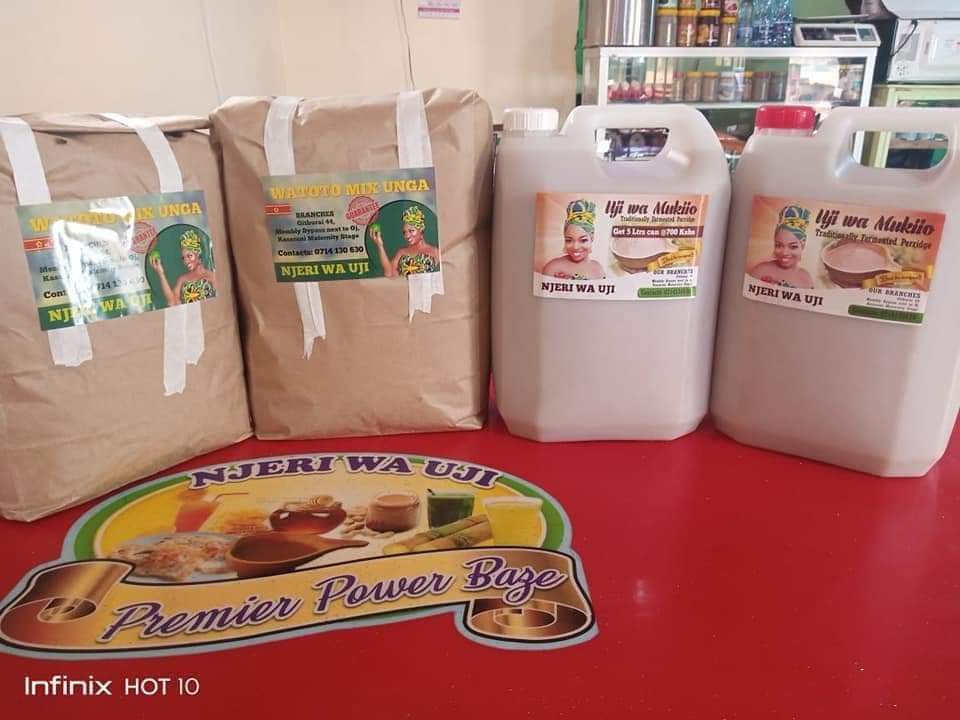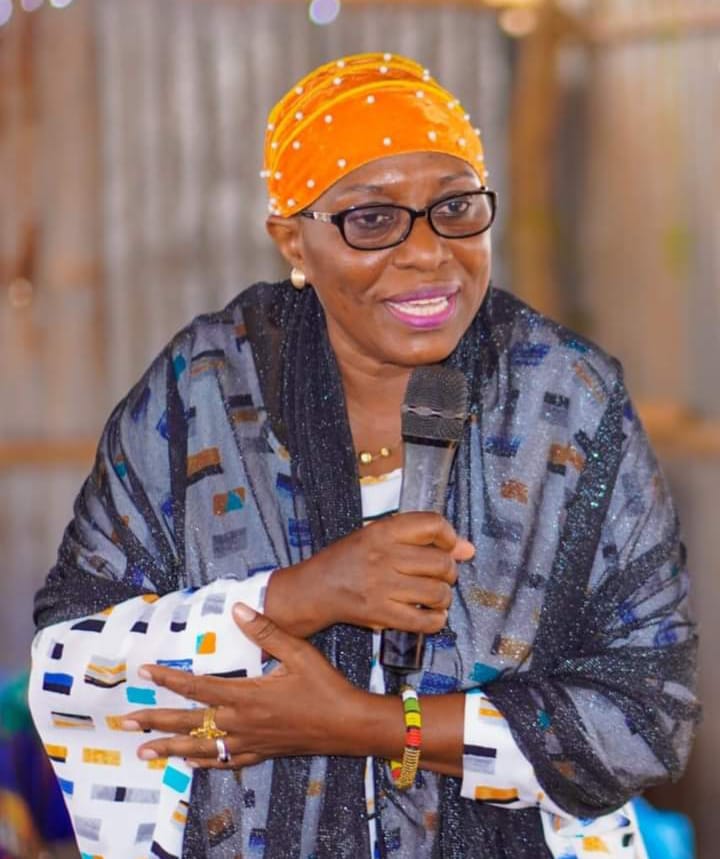Fresh Fri Oil from Pwani Oil Products Limited has become the first cooking oil brand in the country to be certified by the Kenya Nutritionists and Dieticians Institute (KNDI) to be healthy and of good quality.
This follows a thorough inspection of quality assurance by KNDI – a government agency jointly with other bodies, in this case, Analabs, Bureau Veritus (BV), and Société Générale de Surveillance (SGS).
Established in 2007, through an act of parliament, KNDI is mandated by the government to work jointly with other bodies to participate actively in the review of food, food supplement, and nutrition supplements with nutrition claims.
As part of the inspection checklist for Fresh fri, KNDI set 14 standards for large food companies that revealed compliance in the systems value chain of Fresh Fri Original. Besides, the data shows that the oil meets the key quality and safety specifications.
Expressing Satisfaction with the result, Pwani Oil Commercial Director Rajul Malde said, “This is a testament to our commitment to continuously provide quality products that not only adhere to the set industry standards but are healthy to be consumed. Our focus remains to protect our customers, make them comfortably enjoy their lives, and confidently facilitate them to cook healthily”.
The 14 Standards include, standards related to facilities and equipment, availability of references and resources, Utilities, raw materials, ingredients and finished product storage, production of food, packaging, Labeling, and Delivery of Food Products, quality assurance activities, quality control activities, Quality Related Events (QREs), Quality Improvement (QI) Activities, Personnel on-site, SOP document, implementation of SOPs and Marketing, labeling and nutritional claims.
“Having been adequately informed by the accreditation technical team’s report, the Kenya Nutritionists and Dieticians Institute Council wishes to register and certify Fresh Fri oil and on equal strength endorse it for human consumption as per the provisions of Section 36 (2) of Cap 253B. The analysis was carried out in three independent and reputable laboratories namely, Analabs, Bureau Veritus (BV), and SGS. The laboratories used methods of analysis that are authentic and validated, hence the results can be trusted as a true reflection of fresh fri oil quality” said KNDI CEO David Okeyo.
Further inspection parameters included Vitamin A, TFAs (Trans fat), copper, Iron, Lead, Peroxide Value, Acid value, Moisture content, Fat content, Insoluble impurities, and Arsenic which were all found to be within the recommended limits by standard specifications.
On the nutritional relevance of Fresh Fri, findings from KNDI show that Fresh fri which is mainly made from refined palm oleic has good amounts of oleic acid which has a modulatory effect that is beneficial to cancer risk, autoimmune and inflammatory diseases besides its ability to facilitate wound healing. It also has two other essential fatty acids namely linoleic and α-linolenic acid.
“Oleic acid is commonly used to prevent heart disease and reduce bad cholesterol. Essential fatty acids (linoleic and α-linolenic) must come from the diet. Other fatty acids may come from diet or may be synthesized” said Okeyo.
Many studies have positively correlated essential fatty acids with the reduction of cardiovascular morbidity and mortality, cancer prevention, arthritis, and diabetes mellitus among others.



















